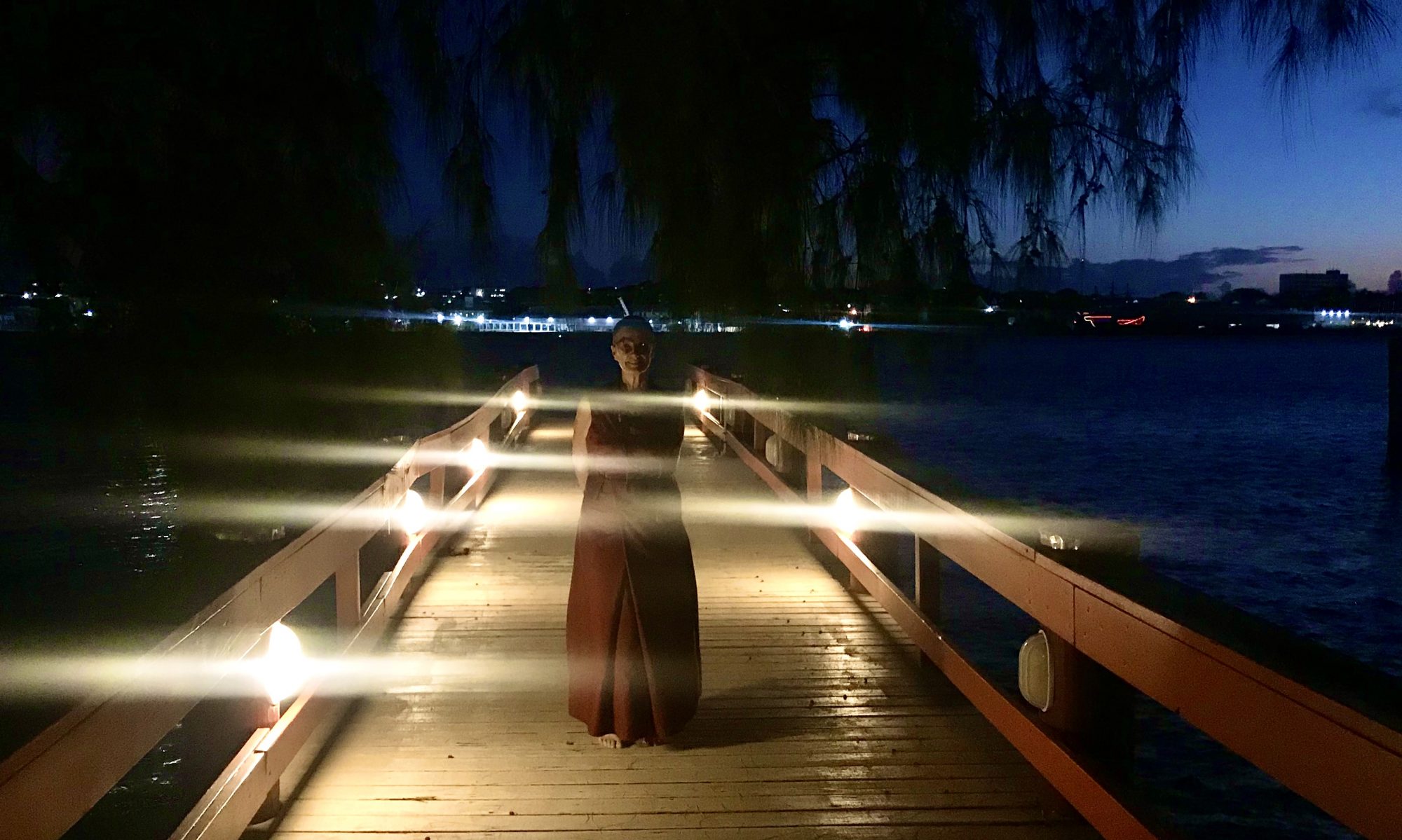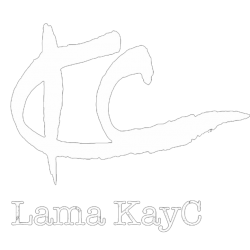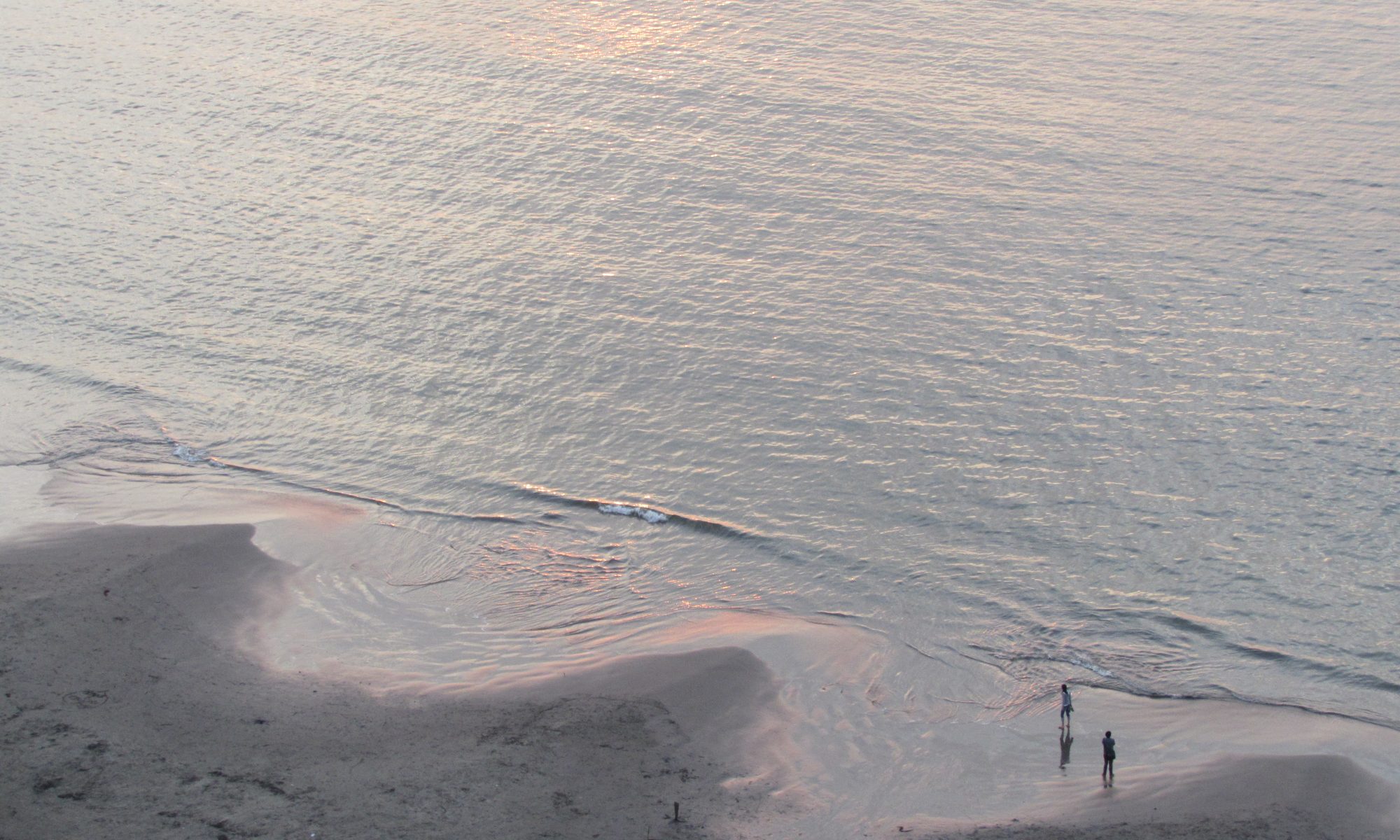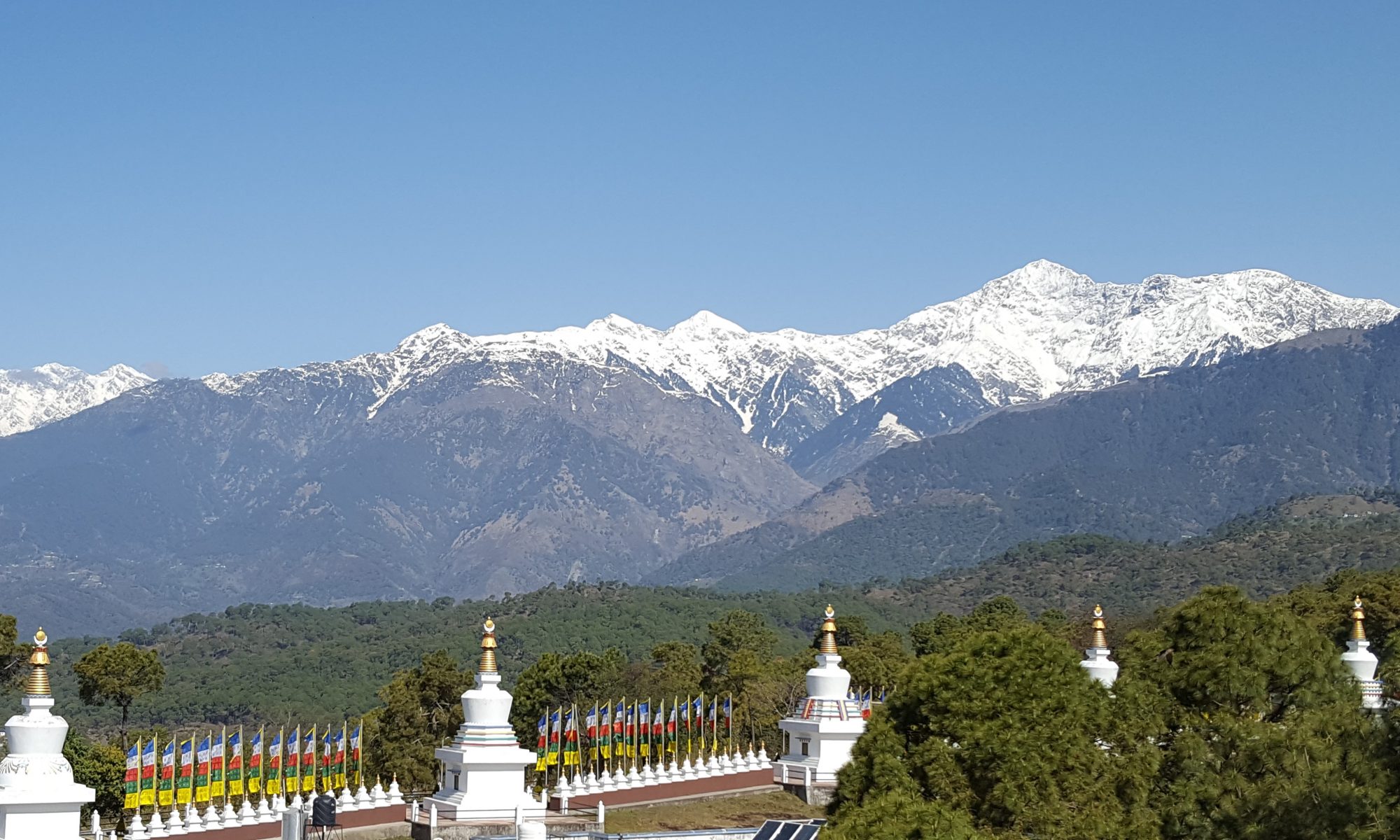In the spring of 1982, an elderly
Tibetan teacher named Kalu Rinpoche toured the States, spending part of his
East Coast time in New York City where I lived. I’d been looking for a
meditation teacher and had been introduced to a man who’d just returned from
India. This man told wonderful stories of his encounters with Tibetan Lamas and
phoned me one day to say that he felt I should attend something called the
Kalachakra Empowerment which was to be bestowed by Kalu Rinpoche, an elderly
Dharma teacher and practitioner. The Kalachakra (Wheel of Time) is one of the
highest yoga tantras and in the early 1980’s had only been given in the West by
His Holiness The Dalai Lama. To bestow the Kalachakra empowerment was said to
be beneficial for entire countries, as it promoted peace and prosperity, and is
one of the few highest yoga tantras that can be given to the public.
I was hesitant at first (well,
until I heard the name Kalu Rinpoche which gave me all kinds of goosebumps)
because it would take four days to complete this strange, new activity. I
couldn’t really see the point but acquiesced, attended the first introductory
evening and found myself uncommonly drawn to this incredible being named Kalu.
The second morning, when the
empowerment was to officially begin, Rinpoche said – through a translator, as
he only spoke Tibetan – that to participate in this empowerment correctly, one
should take refuge. The meaning of the ceremony was briefly explained. I
remember hearing that we would be taking refuge in the Buddha, in his teachings
called Dharma, and in the Noble Sangha or community, but don’t recall the rest.
Of course, at the end of the explanation I stood up to go to the front of the
auditorium near the stage and do just that. My new friend jumped up beside me
and asked something like, “Are you really going to do this?” or “Do you know
what you’re doing?” Well, obviously, I had no idea what I was actually doing so
my response was, “Whatever he says I’m supposed to do, that’s what I’ll do,”
thinking that if anyone knew what this was all about, it would be the man on
the throne.
So I took refuge, miming as best
I could the Tibetan syllables Rinpoche uttered very slowly. At the end of the
refuge ceremony all sixty-six of us formed a line to pass by Rinpoche’s throne:
a high seat that was really a large wooden rectangular box on its end with
meditation cushions on top, covered with colorful silks and brocades. As I
approached him, all kinds of feelings arose, ones I couldn’t remember having had
before. One might be called devotion, another was probably just plain awe. He
handed me a card with a new name inside, a lama standing beside him placed a
red cord around my neck, and I almost fell into the arms of the next lama as I stumbled
backwards from Rinpoche, unable to turn my gaze away from him.
There was a break after the
refuge ceremony, and my new friend and others I’d met the day before gathered
around me to see what name Rinpoche had given me, but there was no English translation
in my refuge card. One young man said, “I know what it is. I listened carefully
when he said it. He named you Tsultrim Palmo and that’s the name he gives women
who are going to become nuns.”
My first thought was, I need a
cigarette. What came out of my mouth was, “Well, he may be enlightened, but
this time he’s wrong!”
Fast forward four years: I’d finished
all the preliminary practices, was a student of Tibetan language, and kept up
an extensive daily practice. I’d also moved to the monastery to prepare to go
into strict seclusion for three years and three months – an intensive retreat that
is a distinctive feature of the Tibetan Buddhist tradition. Rinpoche came then
to stay for more than two months to give us most of the empowerments we would
need for the practices we’d do in those three years, and while I hadn’t
seriously considered taking the vows of a novice nun before that time, the idea
of renunciation was becoming more and more attractive. After all, in those
in-between years my fifth serious relationship had gone sour, I was still
working hard for little compensation, and had only found contentment in the
practice of Dharma. Nothing else was working out at all. Anyone going into the
retreat had to take vows for the duration so ordination was on my mind when the
day arrived that Rinpoche announced he’d be giving vows of renunciation in the early
morning in two days’ time.
I had a big decision to make.
Would I become a nun? Would I complete the retreat first and then see? My heart
was telling me that if I was going to take vows, I’d need all the help I could
get and the greatest help, it seemed to me, would come from taking the vows
with Kalu Rinpoche.
The next morning I asked Lama
Norlha if he had a few minutes for a question and, surprisingly, for as busy as
he was, he took the time to see me. I told him I was considering taking vows –
one of only two times I remember in more than thirty years that I truly
surprised him. However, I wasn’t going to do it unless he promised two things:
first, that he not say a word to anyone else because this was a decision for my
life, not theirs; and, second, that he intercede for me to allow me to ask Kalu
Rinpoche if this is what I should do.
First promise given, Lama Norlha
rushed me upstairs to Rinpoche’s rooms. Not realizing we were going to do this
so quickly, I hadn’t had time to get rid of everything I was carrying: jacket,
scarf, book, and a nice red apple from the breakfast buffet. While I waited, Lama
went into Rinpoche’s tiny room for a few minutes, then came out and motioned to
me to follow him.
I don’t remember if there was
even space to do prostrations to Rinpoche, the room was so small. Lama Norlha
just said, “Sit!” so I sat on the floor in front of Rinpoche and his pecha
table. I set the clothes, the book and the apple next to me on the floor.
Lama Norlha nodded to me and I
said something like, “Rinpoche, I’m interested in taking nun’s vows, but I’m
not sure this is the correct thing for me to do. “
Lama translated.
Rinpoche answered.
Lama translated, “Rinpoche says,
vows are easy to take, not so easy to keep.”
My heart did a little flip and
I’ll never know if it was a flip of relief or a flip of disappointment.
I said, “Ah, ok, then. Maybe I’ll
wait till after retreat and consider it again then. I can do that and it’s
probably best.”
Lama Norlha translated.
Rinpoche spoke.
Lama Norlha turned to me and
said, “Rinpoche says, you take vows tomorrow morning.”
And that was that!
I managed to get up off the
floor, bow to Rinpoche, pick up my things and follow Lama out of the room, but
I wasn’t able to imagine what I’d just done! Was I really ready to renounce
everything? Renunciation for life? Nun’s vows for LIFE?! What the hell was I
doing?
As I walked away from Rinpoche’s
room, I looked down at what I was carrying. It seemed I was carrying too much
stuff. My hands weren’t free. I still had the jacket over my arm, and in my
hands my book, my scarf and my favorite fruit.
As I stared at its beautiful red color
only one question arose in my mind. I stopped in the middle of the hallway and asked
myself in all sincerity, “Oh, man, did I just renounce apples?”



